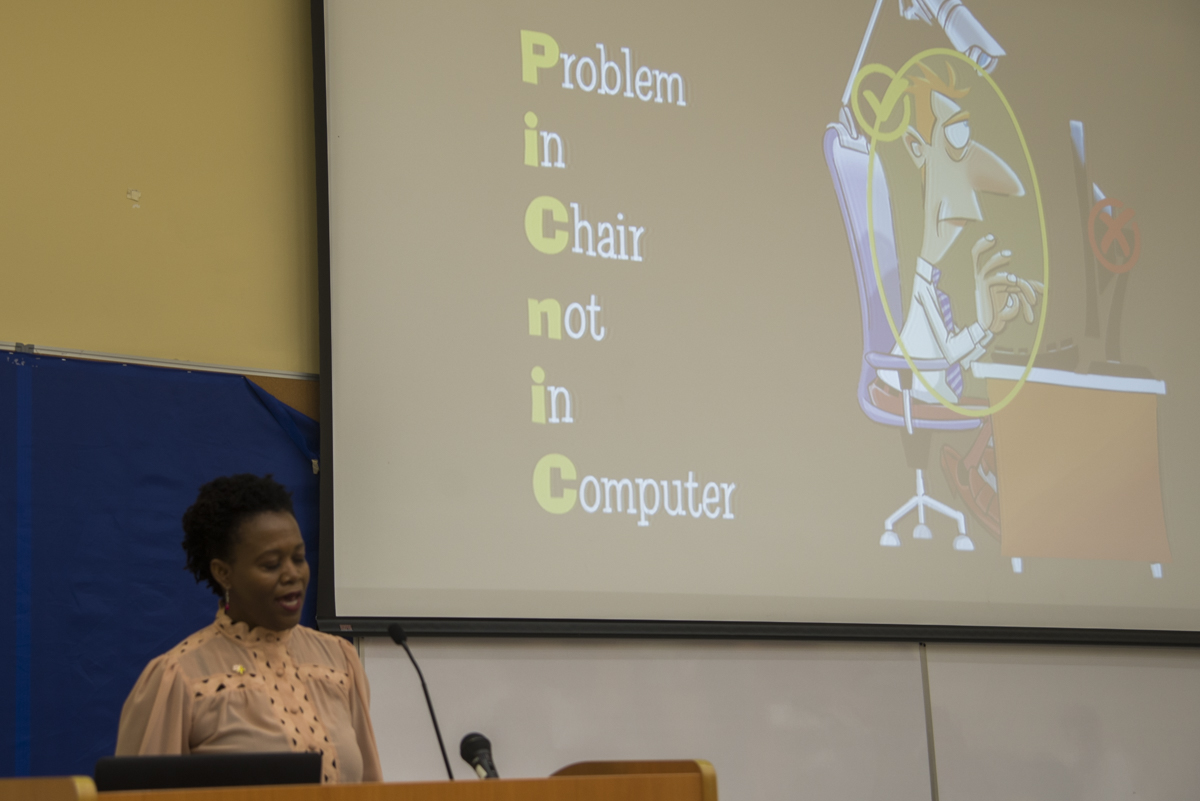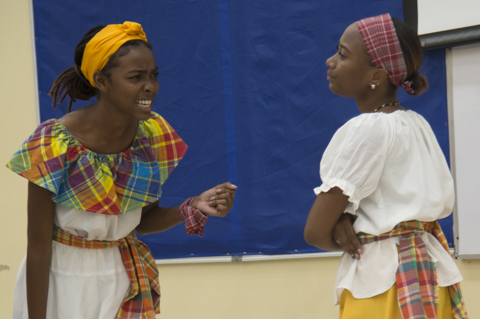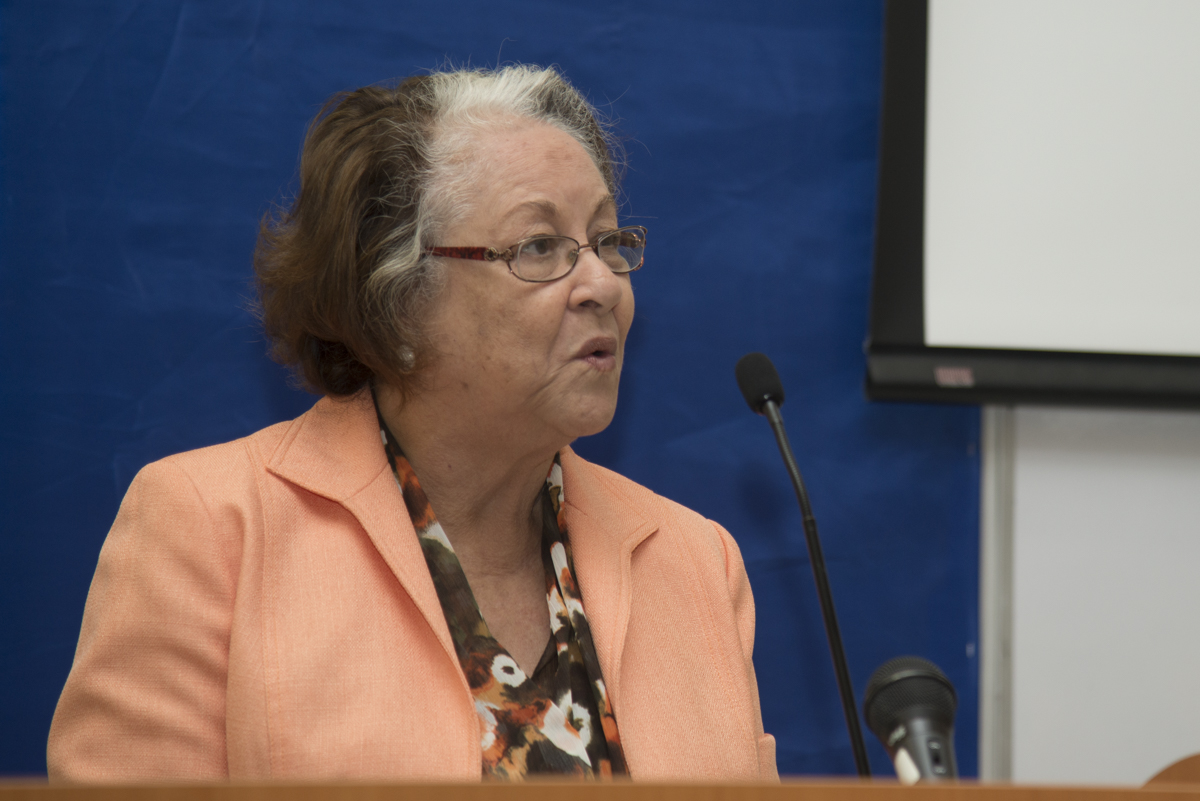Michelle Stewart-McKoy, Associate Professor at the University of Technology, Jamaica (UTech Jamaica) states that in order to enhance classroom participation at the tertiary level, student involvement is necessary. “We need to have the student voice. We never ever consult them” she said. Stewart-McKoy was presenting on the topic “#P.I.C.N.I.C: Navigating Language Teaching and Learning in the Digital Era” at the 6th Hilory Pamela Kelly Distinguished lecture series held at the Papine campus of UTech Jamaica last Thursday.
Stewart-McKoy contextualised the need for this collaboration, by stating that Jamaican educators and students alike must be aware of the complexities of language teaching and learning in the Caribbean. “We have to ensure that there is a balance between what exists, where we are going and how we will meet students half-way” stated Stewart- McKoy.

Stewart-McKoy highlighted other issues that Jamaicans – both students and educators – in tertiary institutions need to address. Chief among these is that digital technologies are not being used to their full capacity, resulting in there being a “Problem in Chair, Not in Computer”.
“On the local scene we are lagging behind” said Stewart- McKoy, who presented research that shows that students in Jamaica are not utilizing the web at the same standard as their North American counterparts. Data revealed that Jamaican students are extensively sole digital consumers and only very few are producing digital content. “There is a high-consumerist behaviour and not so much the productive aspect”. Stewart-McKoy added that students exhibit “very low academic exertion techniques” and went on to encourage the attendees to capitalize on the technological tools that already exist to enhance participation in classes. She proposed that educators use games as one of the many digital tools available, to capture the attention of students who “considered language challenging”.

She added that even though many students have internet access and smart devices to do assignments and in-class tasks, a vast number do not. Some students are being left behind in the resolve to incorporate digital technology. More often than not, the resources and physical and virtual environments are not suitable for optimum learning.
Stewart-McKoy also noted that educators are uncomfortable with the arising technologies and are unsure of how to utilize them in the classroom. To improve the navigation of language teaching and learning in the digital era, Stewart-McKoy suggests the use of the acronym T.E.A.R.S. – time, expertise, accessibility, resources, support. The combination of these five considerations can drive both students and educators alike to utilise the digital sphere as a tool to successful and fulfilling learning and teaching in the technological era.

Reported by Dannielle Mullings
